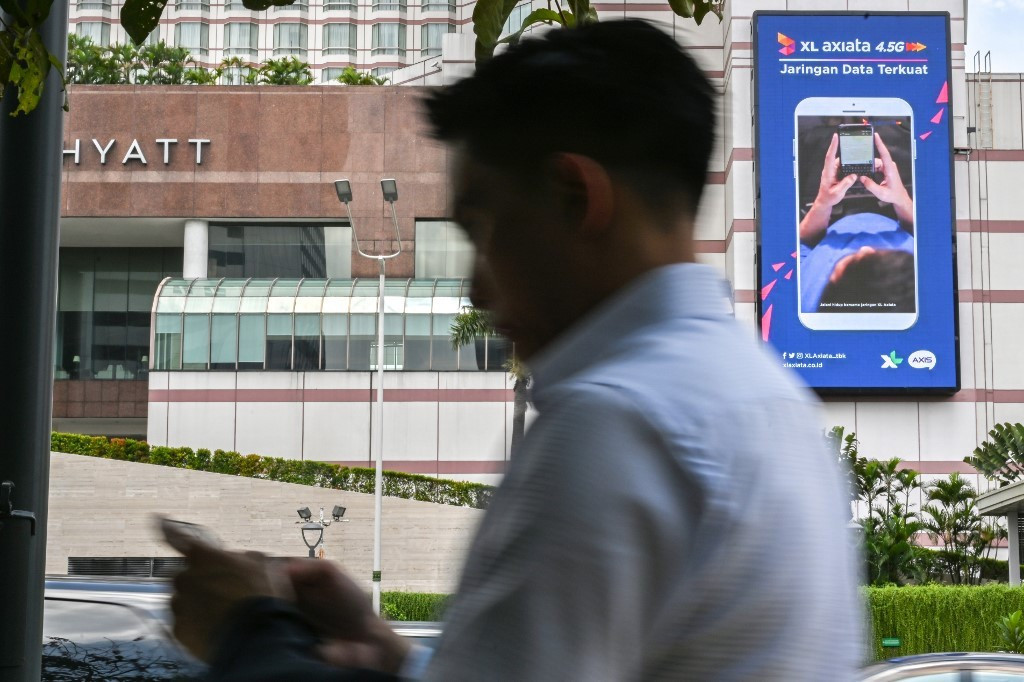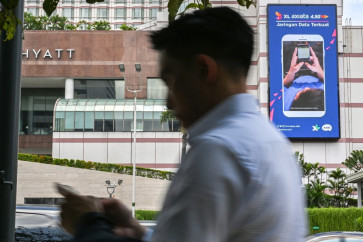Popular Reads
Top Results
Can't find what you're looking for?
View all search resultsPopular Reads
Top Results
Can't find what you're looking for?
View all search resultsE-SBN: A game-changer for Indonesia’s bond market
The e-SBN platform has markedly improved the inclusivity, accessibility and transparency of Indonesia’s bond market, while simultaneously enhancing public trust in government financial instruments.
Change text size
Gift Premium Articles
to Anyone
T
he e-SBN platform, which was launched in 2018, has significantly transformed the issuance of government retail bonds in Indonesia. The e-SBN is a platform for ordering retail government securities (SBN) electronically via government-appointed distribution partners. It enables investors to place orders independently and integrates with the retail SBN system of the Finance Ministry.
The innovative platform has democratized access to retail SBN, thereby broadening investment opportunities to include a wider audience beyond institutional and affluent investors. The e-SBN platform has markedly improved the inclusivity, accessibility and transparency of Indonesia’s bond market, while simultaneously enhancing public trust in government financial instruments.
One of the most impactful aspects of the e-SBN platform is its capacity to broaden the retail investor base. Historically, retail investors encountered numerous obstacles when seeking access to retail SBN. These barriers included restricted distribution channels, insufficient information, and high minimum investment thresholds. In 2017, the number of retail investors was 333,042, which increased to 916,574 by 2024, reflecting significant growth in the investor base.
The e-SBN platform effectively addresses these challenges through several key mechanisms.
Firstly, with simplified access, the platform integrates fluidly with online banking applications and prominent fintech platforms, enabling investors to purchase retail SBN with minimal effort. This streamlined process eliminates the cumbersome paperwork and logistical challenges that have typically hindered bond purchases. Furthermore, the platform’s mobile-first design ensures that individuals without access to traditional desktop setups can engage, thus reaching a wider audience.
Secondly, by reducing the minimum purchase amount for retail SBN, the platform facilitates participation by middle-class investors and individuals with limited disposable income. This approach not only democratizes investment opportunities but also encourages a culture of financial literacy and participation in national economic development. The minimum purchase amount has been lowered from Rp 5 million (US$306) before 2018 to Rp 1 million currently.
Thirdly, the integration of the e-SBN platform has substantially increased its appeal to younger, technology-oriented investors and those residing in remote areas, thereby promoting greater financial inclusion throughout Indonesia’s archipelago. Collaboration with online banking applications and fintech platforms has made the platform particularly attractive to the younger generation, who are increasingly comfortable with digital transactions.


















